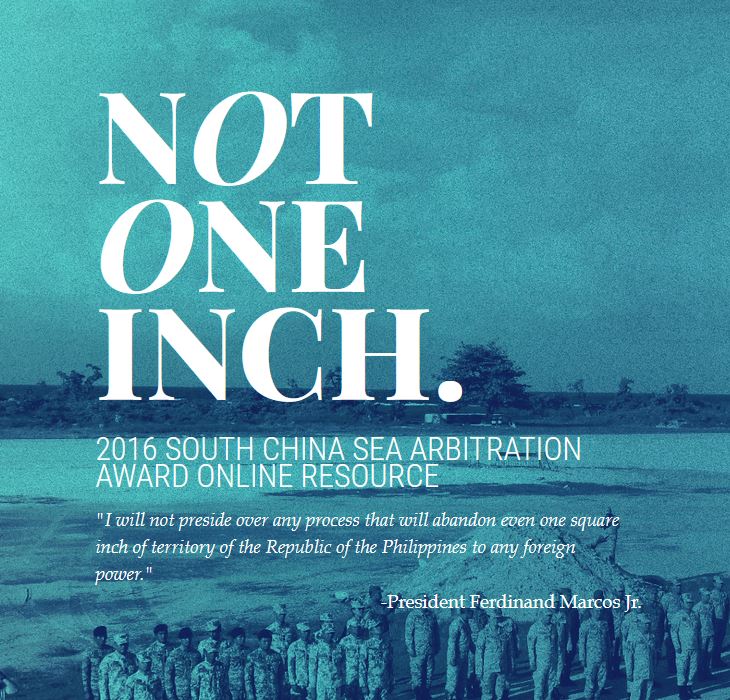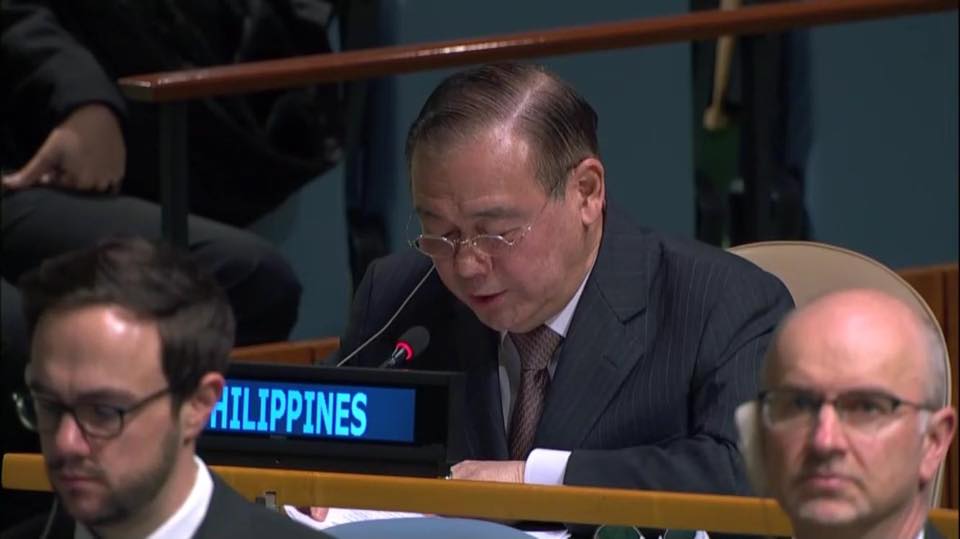
[Delivered during the 73rd Session of the UN General Assembly in New York City on 19 December 2018]
Madame President, my good friend Foreign Minister Peter Szijjärtó.
The Philippines will vote in favor of and strongly supports this resolution endorsing the Global Compact for Safe, Orderly and Regular Migration.
Some of our friends in this endeavor have withdrawn under pressure from political constituencies. Others opposed it from the start for the same reason. And that is only right; we should respond to our constituencies for we are all democracies. Still others have reasons with which we agree or with which we do not completely disagree; but where we do disagree we must not leave them unanswered.
We defeated the notion that migration is bad. And we did this with facts and not frightful fantasies of job losses no Westerner would take. When jobs are lost they are not taken by migrants; but by people who stay home, work harder for lesser pay, and beat the better-paid competition abroad. We did it with reason by showing that migrants have been useful additions to the workforces of host countries; they are a good response to unfair foreign competition.
Not fear but facts shaped our perception; reason not passion distinguished discussion at the United Nations if nowhere else. We should be proud to acknowledge that a decent regard for the opinion of mankind, prompted by the better angels of our nature, dictated our decision regarding the Global Compact.
Migration is a shared responsibility of sending, receiving, and transit states. No one state can address it alone; nor should any state presume to lead in saying what can and cannot be done about it. That is the reason why the Global Compact for Migration was undertaken: it needed the inputs of all or of as many as had good intentions toward migrants.
The word “compact” was picked precisely for having no settled meaning in international law, unlike the word “treaty,” which in international practice has been a mere scrap of paper torn time and again by surprising acts of aggression. Right from the title, “Compact” excludes any suggestion of enforceability other than the compulsion of conscience if one has any— and if not then all the less is it compelling.
Rather the word hints at the shared feeling of a common endeavor to address that which we would not want to be visited on ourselves and our families, who are fortunate to have countries we are happy to call our own. There will always be claims that good intentions become obligations; but these claims are as easily ignored as they are easily made. It is part of the free expression we all uphold without qualification.
The Compact merely seeks by clear delineation, and with the mildest suggestion of what might be done out of decency, about the problems encountered by migrants. It does not presume to tell states what to do with people who happen to be in their midst; for that is surely a strictly sovereign decision. We see this in the unsolved Rakhine problem created by one empire at the expense of a subject nation. None of us should presume to dictate to the latter how to solve it. But we might speak politely of what would be the decent thing to do.
The Compact assumes that states, not just in the exercise of sovereignty but out of practical sense, must start and end with effective national controls over their borders. A world without borders, like a world without string to hold things together, would be chaos.
Indeed, a key role of states is to identify who its citizens are and who are not—law abiding; so as to give first priority to the protection of the former against the lawless among them.
For that is the defining role of a state. It is a role that no other state or assortment of states can substitute for it. In particular, there can be no interference with, nor foreign opinion against a state policy to crush crime by any means that will achieve the purpose. Irregular migration is illegal but it is not a crime as that word is decently understood. And it is indeed a slippery slope from proscribing hate speech to disallowing all expressions of disagreeable opinions which are the foundation of democracy and also its poison pill.
Some here decry the current retreat from multilateralism; yet the same withdrew from the GCM for its multilateral character. The GCM is a triumph of multilateralism. It is an assertion of sovereignty acting in concert with other sovereignties for humane objectives; but in no wise does it deny any particle of sovereignty’s full extent and reach. But no question, world government is an unmitigated evil; hegemonic aspirations alone committed the worst crimes against humanity in history throughout the Cold and post-Cold War worlds. We will have none of that, from any quarter.
In sum, the Compact does not derogate one iota from sovereignty. But it reveals sovereignty’s fundamentally moral nature. A key aspect of sovereignty is the care states must take of people inside them; even if they are on the move— from countries of origin, through countries of transit, to where finally they end up to be welcomed or booted out. The Compact merely speaks truth to sovereign power and reminds it of its moral aspect.
Sovereignty is as much a duty of care as it is an assertion of unlimited freedom of action. The two here combine in the willing assumption of that duty. And that is the problem. States wish they could pick and choose which migrants to take and reject; and for the most part they are able to. But migrants do not stand on auction blocks, impassively awaiting the cry of the auctioneer: “Sold!”
That is the fond desire but this is the modern world.
It cannot be a neat process to select from a moving tide of humanity— fleeing the injustice of places with bad governments sponsored by hegemons during the Cold War— or the injustice of being born in weak and therefore violent states. This Compact seeks merely to tidy it. Migrants are not slaves in transport but free human beings on the move; with more courage to improve their condition abroad than endurance to persist in the wretched places they must flee or perish.
And while the lust to wander is immemorial, still there is no place like home if you can live in it.
Sometimes the needs of state and migrants overlap; sometimes not; hence the false and ugly narratives of migration peddled by those who have benefited from migration but fear too much of it. Western cities would be cesspools without migrants. And there would be— as my friend Fernando of Mexico said— no World Cup as we know it today; nor Miss Universe, the part-Scottish, part-Filipina Catriona Gray, lava-walking the runway for her one and only people. That is the enigma of arrival: the arrival of needed migrants— some of them but not all.
This is where sovereignty comes up against— not a challenge to its unlimited freedom to act— but to the moral imperative to live up to a standard of reciprocal decency in its actions. For one day a sovereign people may find themselves migrants as well with no country. We repeat: no enforceable obligation can be laid on sovereignty. But certain standards are expected of it; and failure to meet them results only in self-condemnation.
And so at the GCM negotiations the Philippines proposed treating migration, as much a matter of migrants’ expectations, as of a state obligation to uphold a standard of decency in rites of migrant passage and arrival; welcome or rejection.
True the Compact raises expectations; but while we may or may not join in deriding international guidelines, standards and commitments
that trench on our absolute sovereignty to choose any means to achieve our purposes; nonetheless expectations are beyond the remit of sovereignty to contain.
Hope springs eternal as it did for the Pilgrims who crossed an ocean in the expectation of better than the miserable life they had in Europe. They were fortunate to encounter natives on the other side of the world who gave them the benefit of the doubt and provisions to tide them over the cruel winter. But no power can extinguish hope; and it is not a crime to wish for better and do something about it. It may be illegal but it is not criminal.
The Global Compact for Migration took two years of difficult negotiations over complex issues and strong opposition not least from countries of migrant composition. The experience must not have been good. But we persevered in the confidence that decency would prevail. And it is in decency that we anchored the Compact. Thank you.

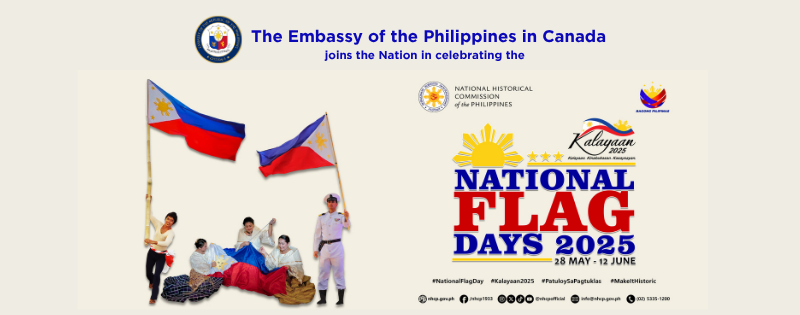

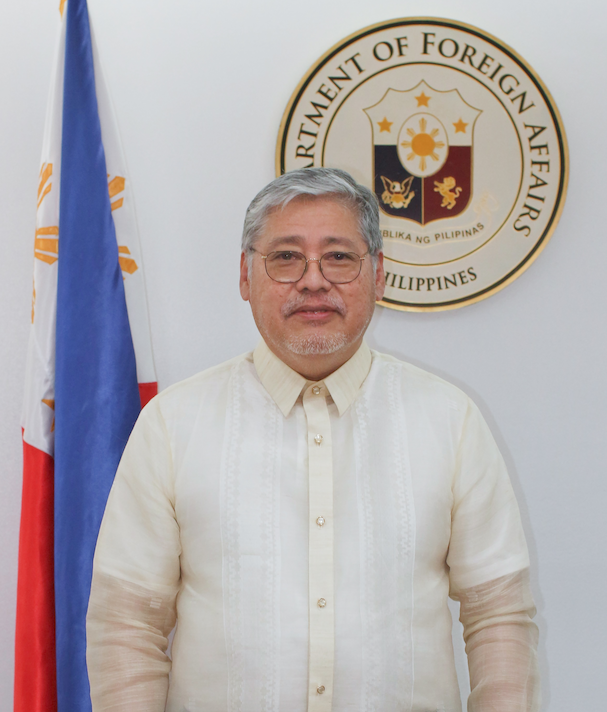

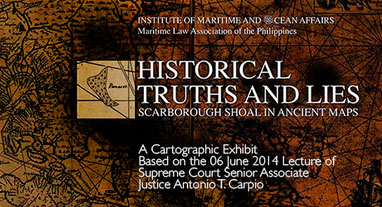






 For more information, download the flyer
For more information, download the flyer 




